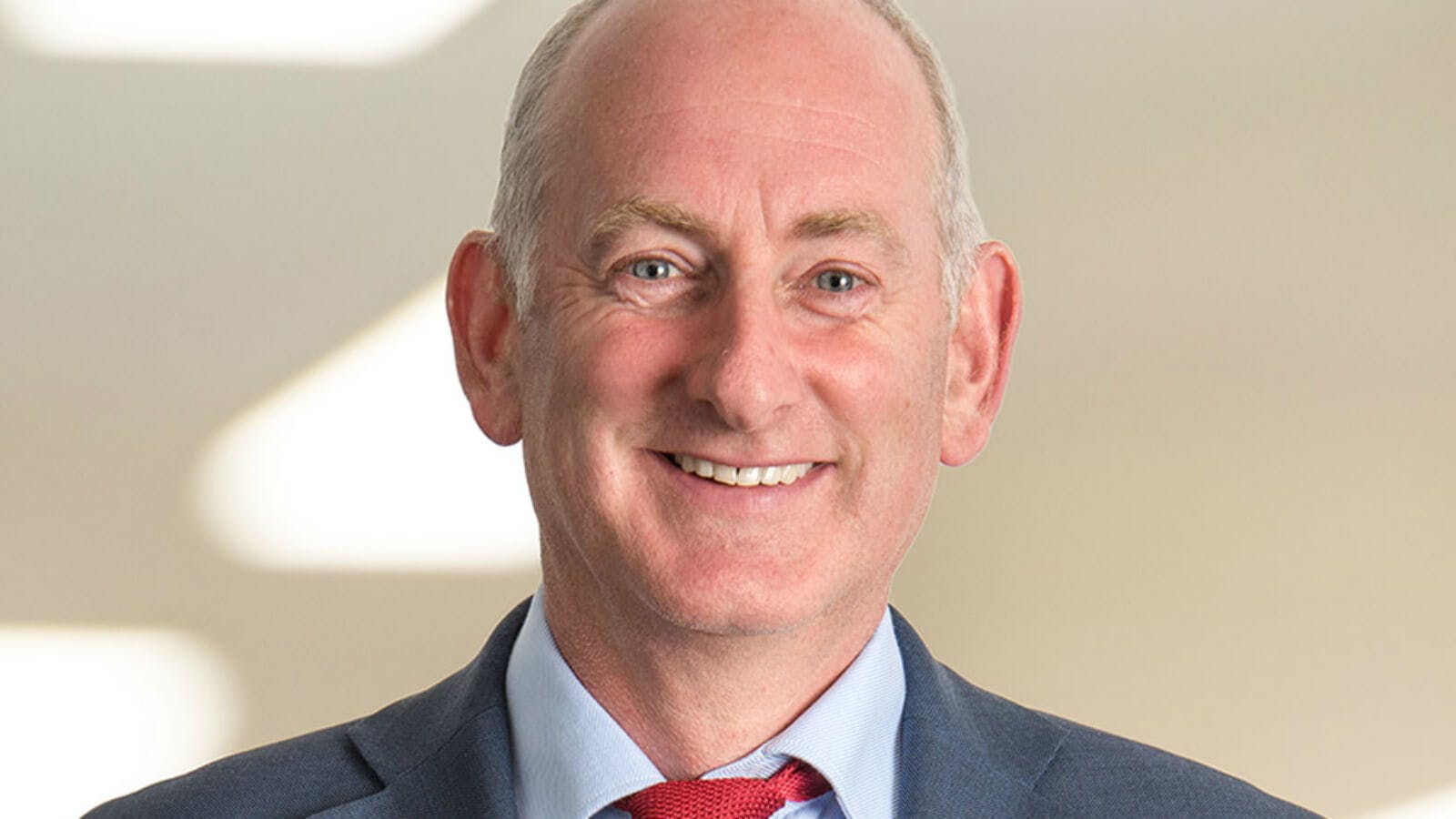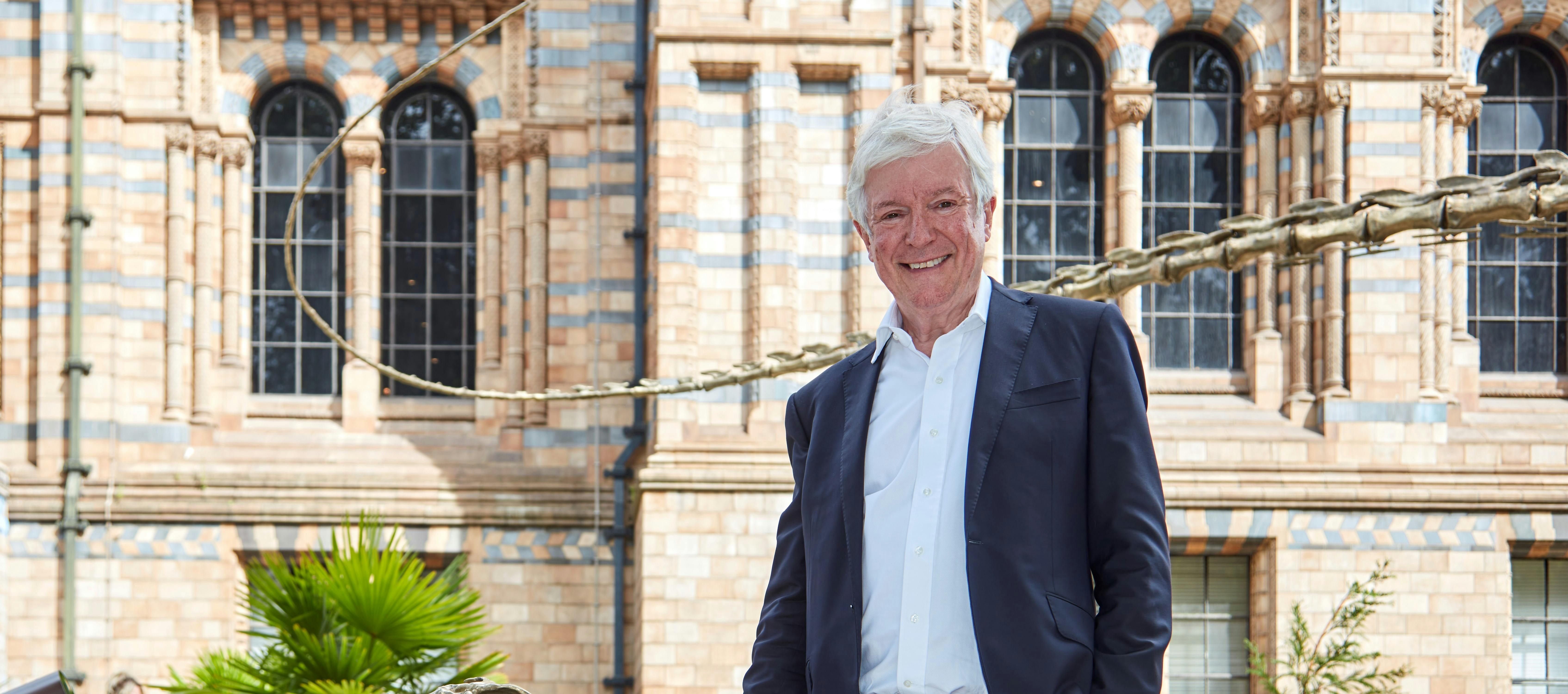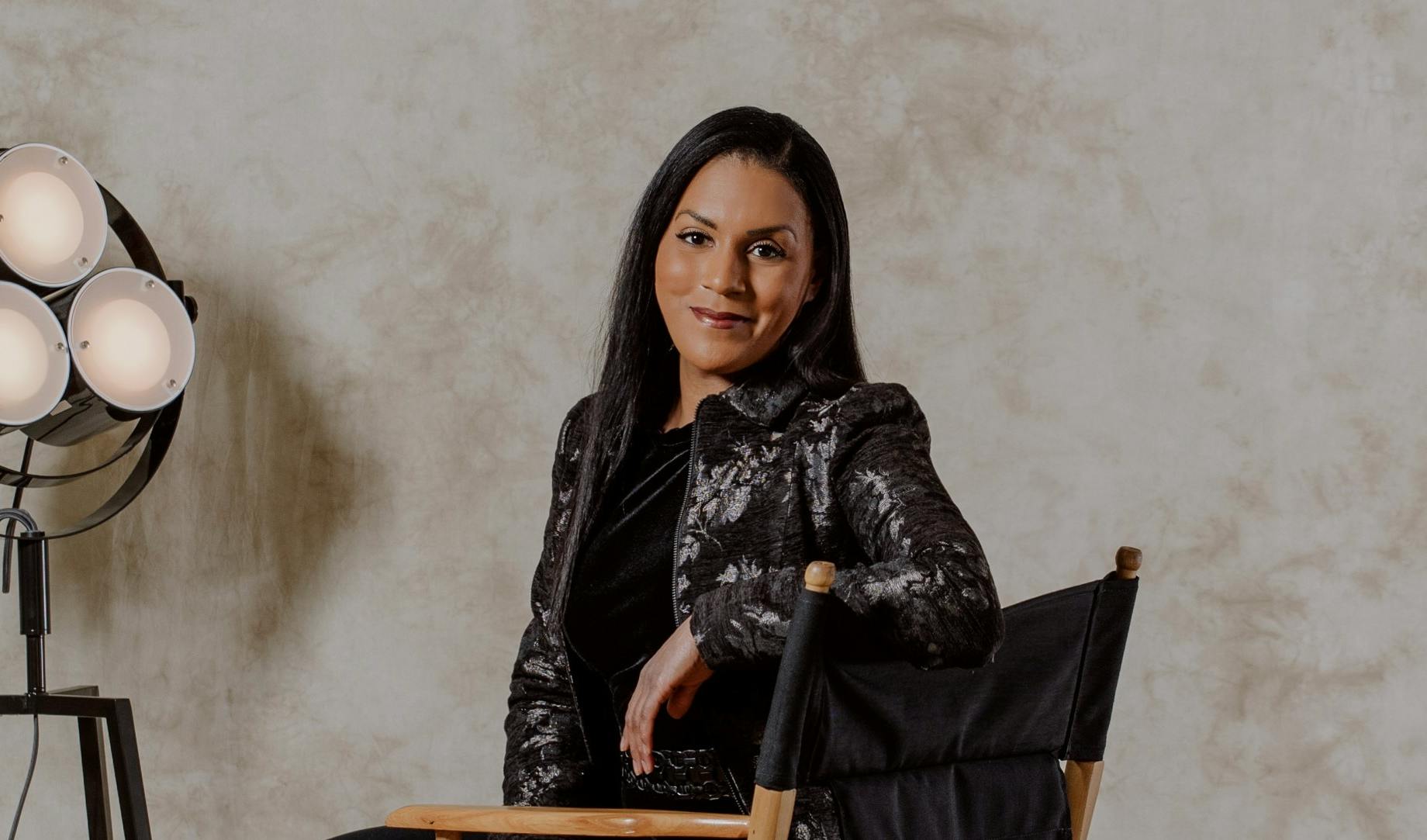
Impact investment board members are tested and compensated in unexpected ways, CDC HR director Mark Ellis explains why
Mark Ellis, HR Director of development finance institution CDC, highlights the sector specific obstacles that impact investment board members must navigate and the unique rewards that they can enjoy as a result
Mark Ellis, human resources director at UK-Government-owned development finance institution CDC, explains the challenges that come with being on the board of an impact investment organisation and how these differentiate the sector from the rest of the investment industry.
How does CDC operate?
CDC is the UK’s development finance institution, wholly-owned by the UK Government. We have a dual objective: to support growth and jobs that lift people out of poverty; and to make a financial return, which we reinvest into more businesses.
We invest in Africa and South Asia. We are involved in over a thousand businesses, either one step removed via investments into funds or, alternatively, directly through equity or debt transactions, where we are helping companies to build in order to be able to provide meaningful jobs. Also, those companies themselves will be providing hospitals, education, power distribution, transport or infrastructure in some of the most difficult markets in the world, and paying taxes in their own home markets.
You obviously need board-level people with commercial finance experience, what is it that entices them over to the impact sector?
We do want people with that commercial experience and to entice them we simply tell them about what we do! Our goal is that anybody who is working at, or connected with, CDC is able to talk to anyone they know with immense pride about every investment that we make.
Everything we do is directed at having an impact on the jobs and the economies in the countries within which we invest. As well as creating jobs, the companies in which we are investing are then paying local taxes, which are then helping to boost the local economies in which they are working.
If somebody is working at CDC or is a NED here, they know that they are at the forefront of impact investing in some of those markets where the need is greatest throughout the world. And, at the same time, as an organisation, we see ourselves as collaborative and caring in the way that we deal with ourselves and how we deal with other people.
Ultimately, we hope that our mission and why we are here will inspire people to want to work for us.
How does the commercial investment world differ from the impact investment world?
We see CDC as being tenacious in the face of challenges. Commercial organisations will often have to be looking at a transaction and saying, 'there are lots of things that make this very difficult so we will pass on this.' We will look at that transaction and say, 'there are lots of things that make this very difficult and that’s why we’re here.' We try to work out how to make that transaction doable.
What do you look for when it comes to recruiting for a development finance board?
Working here is different to working in a commercial private equity firm. We don’t tie our rewards to the success of individual investments, and we work in the most difficult parts of the world. If someone likes being involved in an organisation that only involves travel to comfortable hotels in the United States, CDC is probably not for them. We are working where people need us, which by definition are difficult places.
We are often after subject matter experts, but we look for a diverse mix of people who understand our markets and bring different approaches and thinking styles to the table to make sure that we are scrutinising potential investments in as truly holistic way as we possibly can.
How are you trying to increase that diversity?
We’ve worked hard to make sure that the pools from which we are hiring are the broadest possible pools, so that we are in the position of being able to select the best candidate from those pools.
This has led to us increasing the number of senior women that we have at executive level substantially in the last few years and having a good gender mix on our board.
It is absolutely critical for us that we have people representing our markets on the board, from South Asia and from Africa, so that we have that authentic voice of our markets on the board. And then we have diversity in many other ways as well. At board level it’s also about attitude and approach, so our chair will focus hard on making sure that we are mixing introverts and extroverts, championing different approaches and thinking styles, just as much as we are mixing people from Sub-Saharan Africa, London and Asia.
And now for some quick-fire questions…
What are you reading at the moment?
I’ve just finished The Night Manager, by John le Carré, and before that Christ stopped at Eboli, by Carlo Levi.
What was your biggest career break?
I met an inspirational learning and development expert who convinced me that HR would be an interesting career… that was over 30 years ago, and he was right.
Do you have a favourite quote?
Yes. "The secret is not to survive, but to thrive, with passion, compassion, humour and style," Maya Angelou.
What’s your favourite holiday destination
I have two: Turkey and the Isle of Wight.
What do you do to have fun?
I roller-blade timidly behind my (much faster) children.
What’s your favourite app?
The Santander cycle hire app, Santander Cycles. I travel in London exclusively by ‘Boris Bike,' and the app tells me where to find one!
When does your alarm go off and how many hours sleep do you get?
6am. Not enough!
If you are looking for non-executive director roles, Nurole's innovative recruitment platform can help.





